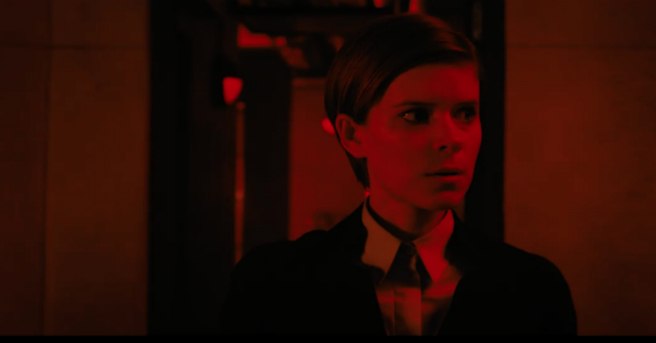-
Tips for becoming a good boxer - November 6, 2020
-
7 expert tips for making your hens night a memorable one - November 6, 2020
-
5 reasons to host your Christmas party on a cruise boat - November 6, 2020
-
What to do when you’re charged with a crime - November 6, 2020
-
Should you get one or multiple dogs? Here’s all you need to know - November 3, 2020
-
A Guide: How to Build Your Very Own Magic Mirror - February 14, 2019
-
Our Top Inspirational Baseball Stars - November 24, 2018
-
Five Tech Tools That Will Help You Turn Your Blog into a Business - November 24, 2018
-
How to Indulge on Vacation without Expanding Your Waist - November 9, 2018
-
5 Strategies for Businesses to Appeal to Today’s Increasingly Mobile-Crazed Customers - November 9, 2018
Watch the thrilling trailer IBM created for Morgan using artificial intelligence
Watson is IBM’s burgeoning artificial intelligence software, and the “cognitive computer” is already being tested out in fields ranging from retail and banking to healthcare and cybersecurity.
Advertisement
IBM Watson’s natural language processing and machine learning capabilities is actually powerful enough to provide meaningful insights extracted from high unstructured data volumes makes its one of the most cutting edge technology platform in today’s time.
“Utilizing experimental Watson APIs and machine learning techniques, the IBM Research system analyzed hundreds of horror/thriller movie trailers”, explains a press release for this unique trailer.
Check out the first-ever, AI-created movie trailer, made for the upcoming film Morgan! The system looked at musical scores, the emotions in certain scenes (indicated by people’s faces, color grading, and the objects shown), and the traditional order and composition of scenes in movie trailers.
Advertisement
Overall, the trailer is nothing special and wouldn’t really seem too exciting without the Watson angle, but there is one aspect of it that stands out, namely the fact that it never explicitly says that the scary little kid is an AI. A human-in this case, the “resident IBM filmmaker”-still needed to step in to edit for creativity”. While a human editor still had to patch the scenes together to tell a coherent story, IBM’s AI shortened the process down to only 24 hours.




























